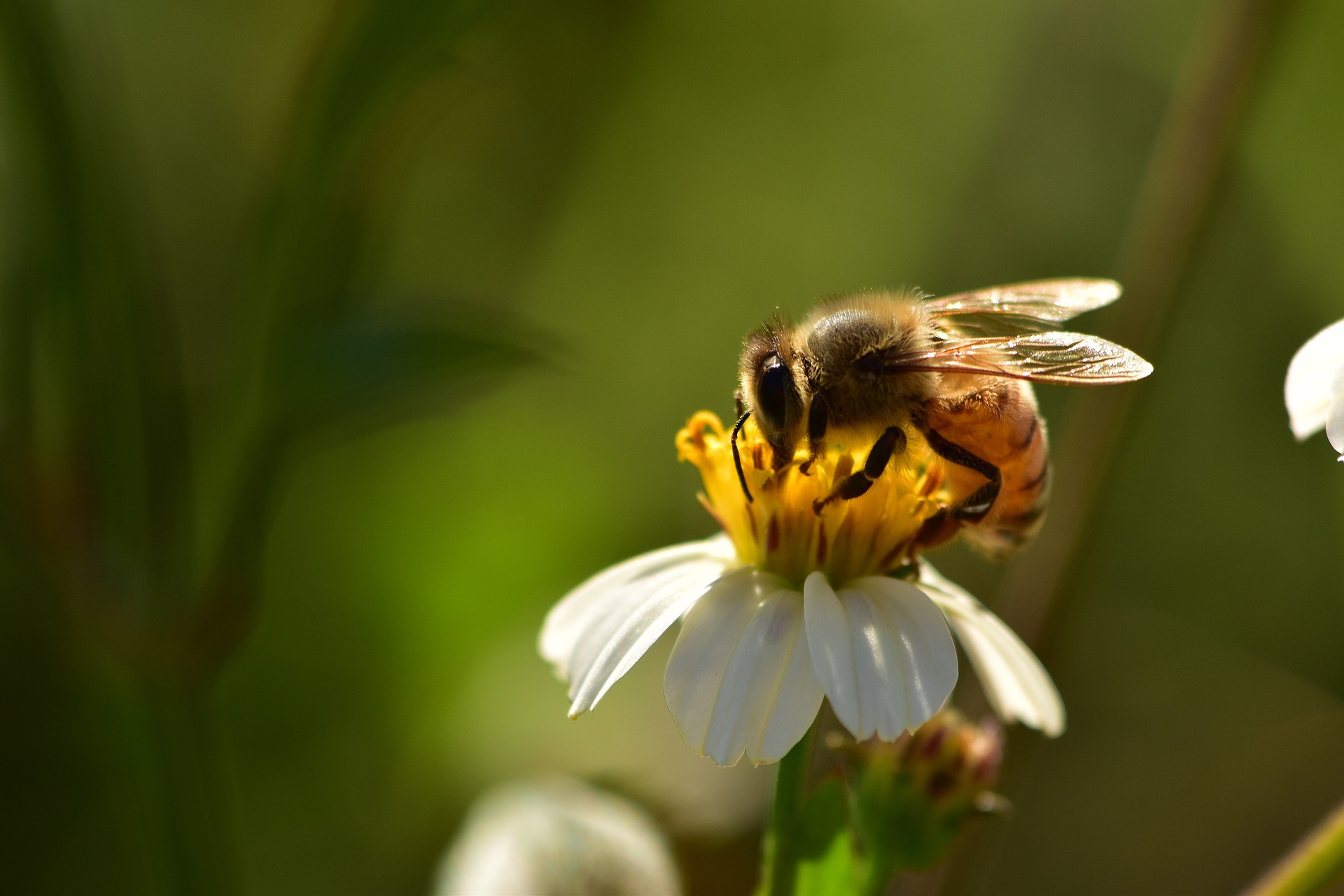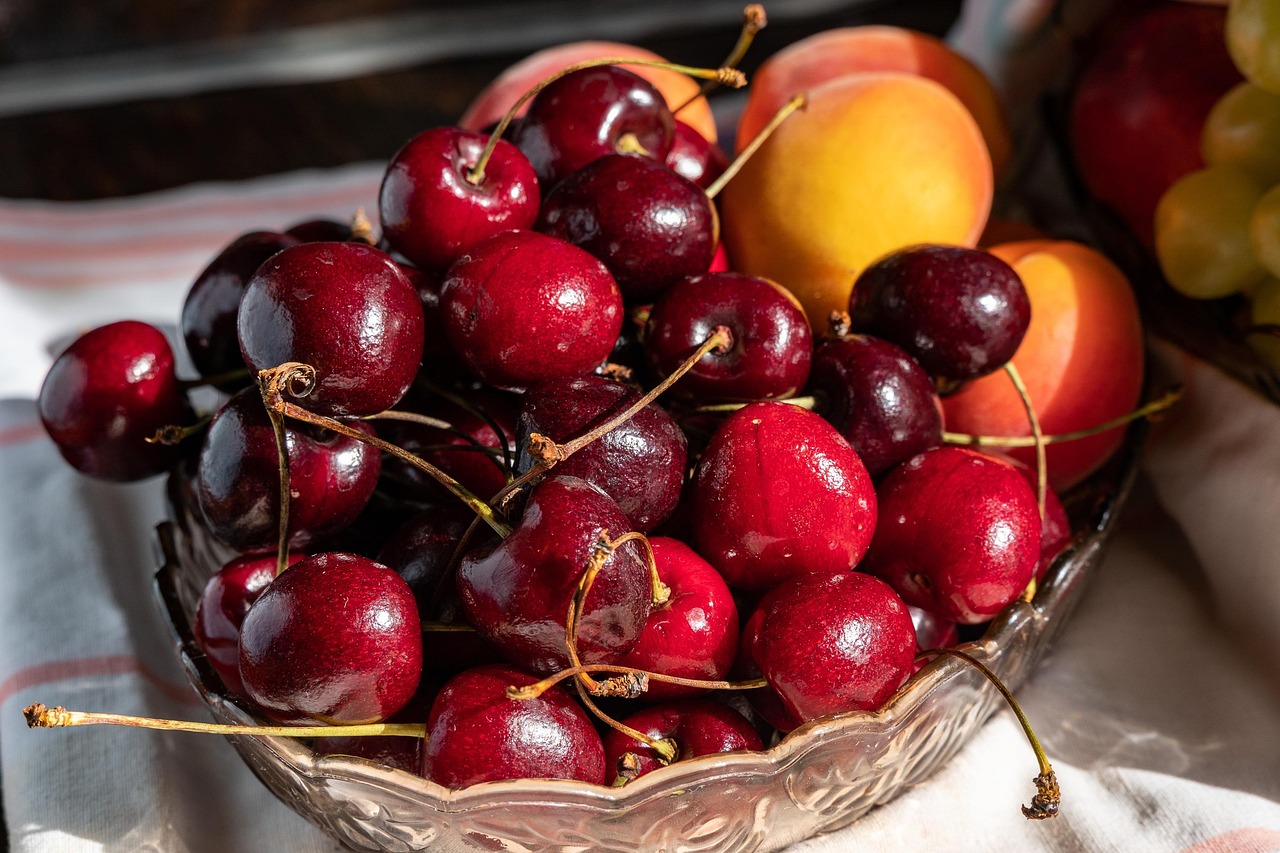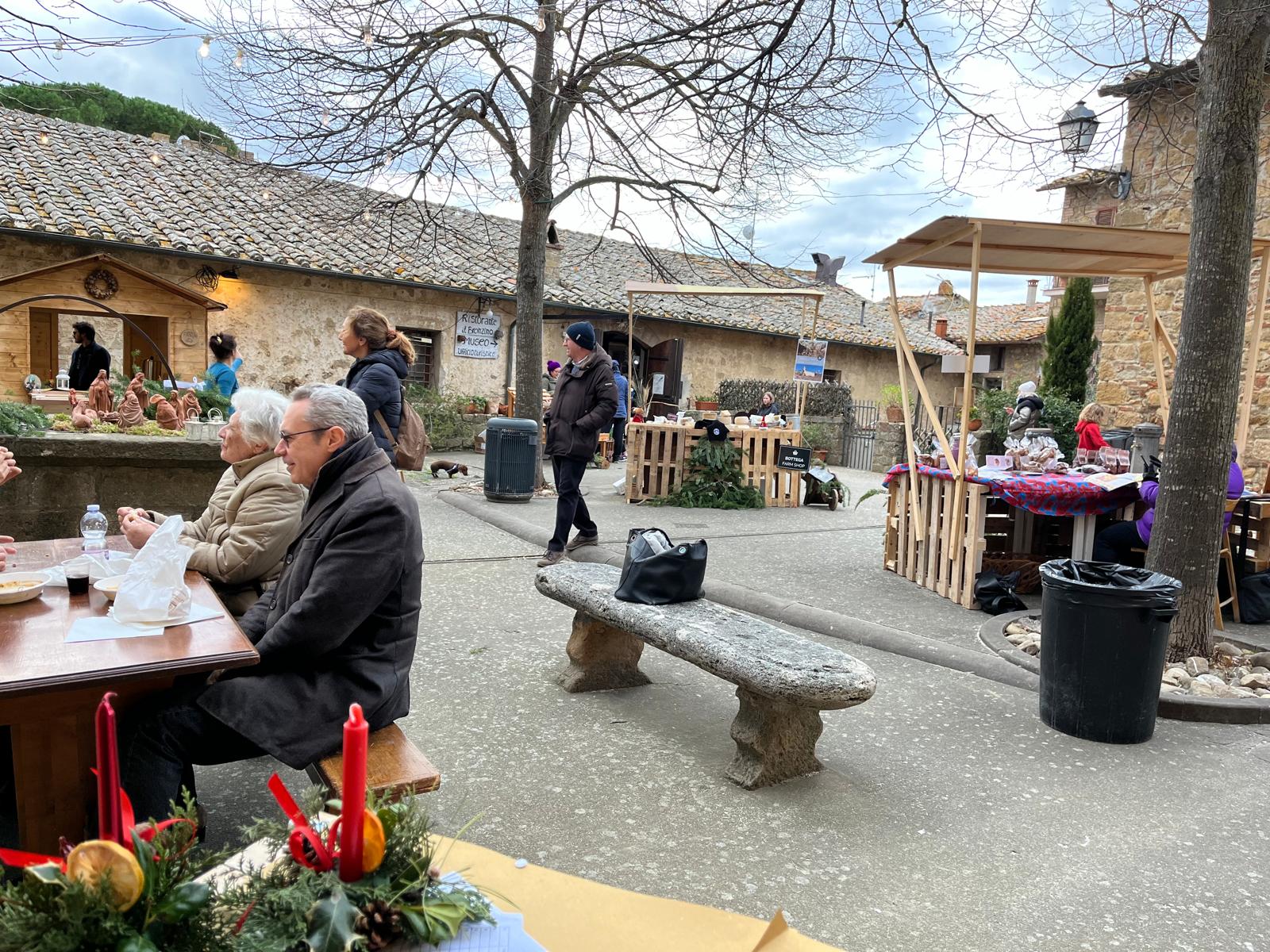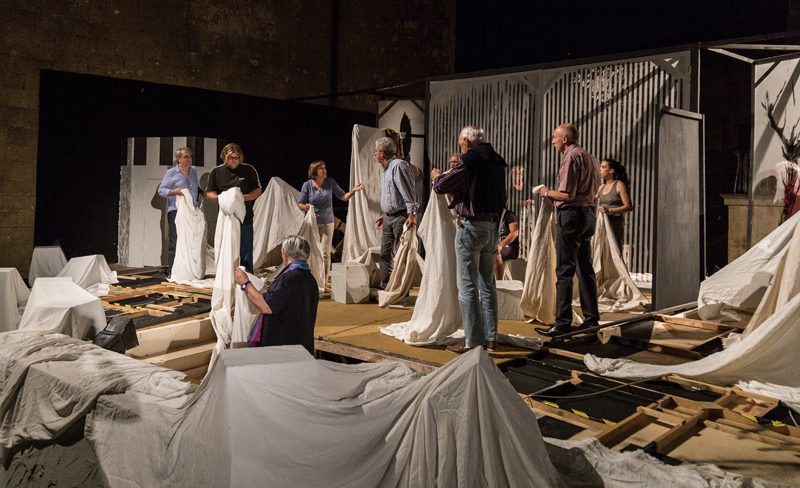“When bees disappear from the face of the earth, man will have only a few years left before extinction”,
a statement attributed to Einstein and which places these small insects at the center of an ecosystem, on which our survival also depends.
let's take a step back…
Thanks to pollination, plants began to spread on our planet 135 million years ago: producing oxygen, providing shelter and food for countless herbivorous species, which in turn fed carnivorous species. And it is precisely in this period that we can place the “birth” of bees.
and talk in numbers:
Today there are around 20.000 bee species in the world, 2.000 in Europe, 960 of which in Italy: a unique world of biodiversity.
They are of primary importance because they pollinate 80% of plant species while safeguarding food varieties, but also because they are a sentinel animal for the environment, since they detect the presence of pollutants in a wide flight range.
Bees are in danger!
The results published in the scientific journal PLOS ONE reveal that in the last 30 years the number of insects has dropped by 80%, disappearing eight times faster than mammals, birds and reptiles. At this rate many species could become extinct within 100 years.
Scientists say we’ve entered the first mass extinction since the dinosaurs, and they’ve called this phenomenon “clean windshield syndrome”.
Wild bees are disappearing due to climate change, caused in most cases by global warming and therefore by the modification of seasonal climatic balances. Furthermore, the overbuilding of urban areas does not allow them grazing and nesting sites; there are no more hedges or borders in the fields. And again, intensive agriculture made of monocultures with no more rotation no longer offers flowering for entire seasons.
We can do a lot in our own small way
Respect for these insects is not only their salvation, but ours too. That’s why we have to start from what we choose every day: for example, we can shop carefully, selecting products that respect pollinating insects; we can implement responsible behavior towards the environment around us; we can support associations and non-profits that fight for this cause.
A very simple practice is the construction of a flower garden on the balcony, even in pots. We will be able to help you in choosing the plants and follow you step by step in their care, once you return home. VISIT OUR MEDICINAL GARDEN
Our company has made this theme its mission. We have thus implemented the cultivation of flowers in our fields, avoiding mowing them when there are blooms, and we have also offered the bees many nesting spaces. Our processing of wildflower honey respects the life cycles of animals, in total harmony with the nature, and its sale and marketing take place with deep awareness, the one we would like to communicate and pass on to our visitors.




